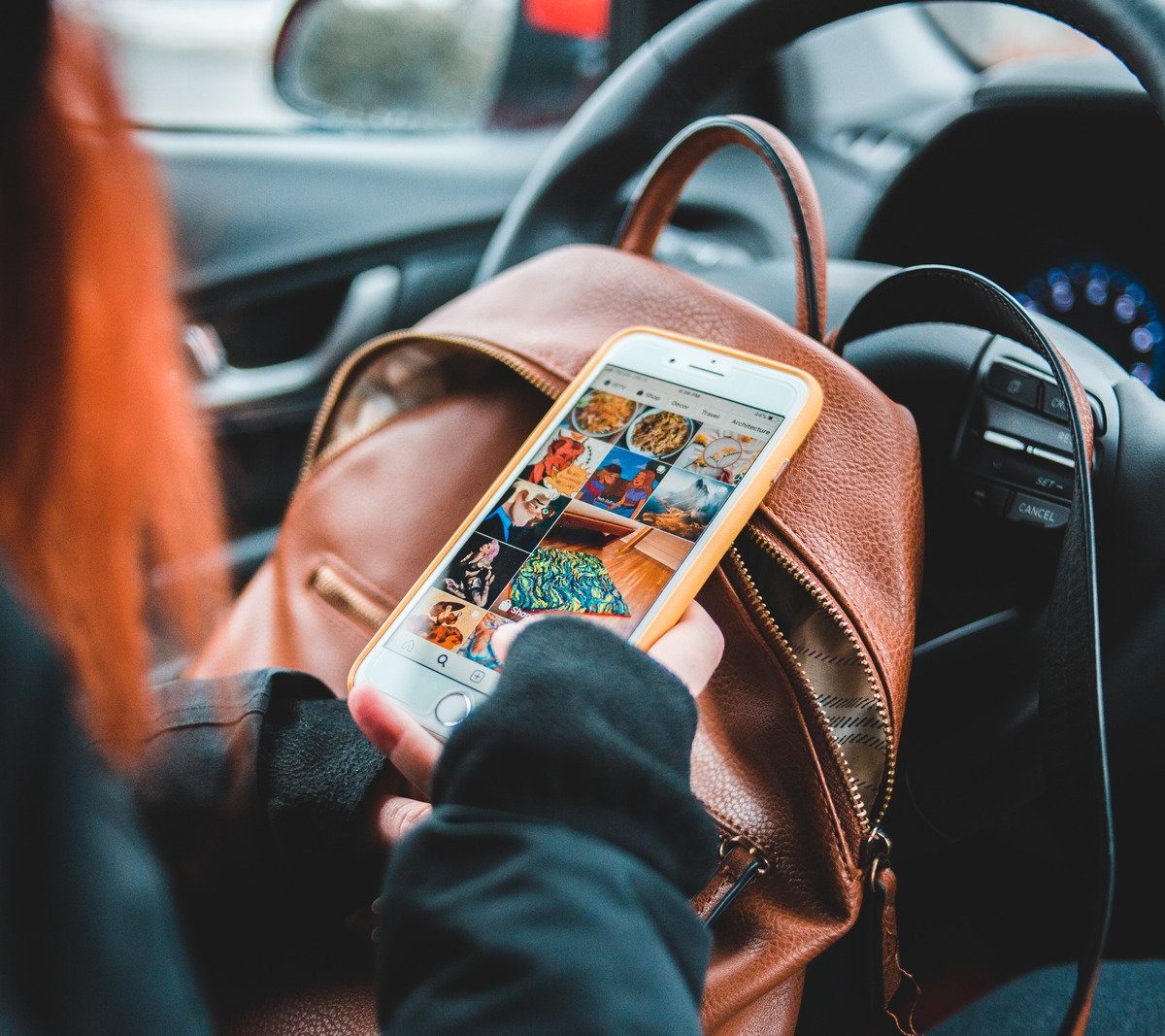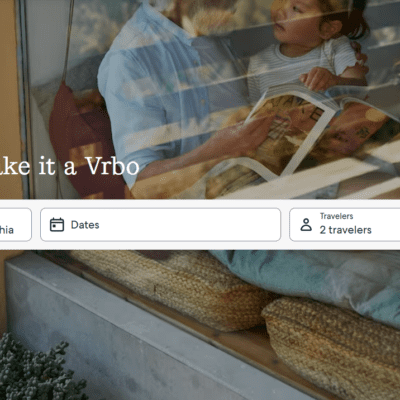In today’s world, social media has become an integral part of our daily lives. We use it to connect with friends and family, share our thoughts and experiences, and even get news updates. However, with the rise of social media usage comes concerns about its impact on mental health. Some people claim that social media can cause depression and anxiety, while others argue that it has no effect at all. In this blog post, we’ll explore the connection between social media and mental health to debunk common myths surrounding its impact. So grab a cup of coffee and let’s dive in!
Social media and mental health: the connection
Social media and mental health are two topics that have been heavily discussed in recent years. Many people wonder if there is a connection between the two, and what impact social media has on our mental well-being.
On one hand, social media can provide us with a sense of community and belonging. It allows us to connect with friends and family who may not be physically close by sharing photos, messages, or video chats. This can be especially helpful for those experiencing feelings of loneliness or isolation.
However, on the other hand, social media can also have negative effects on our mental health. For example, viewing unrealistic body images or comparing ourselves to others online can lead to low self-esteem and even body dysmorphia.
Additionally, excessive use of social media has been linked to increased anxiety levels as we constantly feel pressure to keep up with notifications or likes.
It’s important to recognize that while social media isn’t inherently good or bad for our mental health – it’s all about how we use it. By being mindful of our usage habits and setting boundaries around when we engage online, we can take control over its impact on our well-being.
The impact of social media on mental health
With the rise of social media, mental health experts have been examining its potential impact on our well-being. While it’s true that social media has many positive aspects, such as connecting with loved ones and sharing important information, there are also some negative effects to consider.
One major issue is the constant comparison game that can happen on platforms like Instagram and Facebook. Seeing other people’s highlight reels can make us feel inadequate or like we’re not measuring up to what others are doing in their lives.
Another problem is cyberbullying. Online harassment can be just as damaging as physical bullying, especially when someone doesn’t have a way to escape it because they’re constantly connected through their devices.
Additionally, spending too much time online can lead to feelings of isolation and loneliness even though you may be surrounded by hundreds of “friends.” It’s important to remember that connections made virtually aren’t always genuine and don’t replace real-life human interactions.
Being aware of these potential downsides is crucial for maintaining good mental health while using social media. By taking steps such as limiting screen time or unfollowing accounts that make us feel bad about ourselves, we can take control over how we engage with these platforms.
Debunking common myths about social media’s impact on mental health
There are many myths surrounding the impact of social media on mental health. One common belief is that social media use leads to increased feelings of depression and anxiety. While it’s true that excessive time spent scrolling through feeds can be detrimental, studies have shown that moderate use of social media does not necessarily result in negative mental health outcomes.
Another myth is that people only post their highlight reels on social media, leading others to feel inadequate or insecure. However, recent research has found that individuals who share both positive and negative experiences on social media tend to have higher levels of well-being than those who only share one type of content.
A third myth is that cyberbullying is rampant on social media platforms, causing significant harm to young people’s mental health. While cyberbullying does occur online, it’s important to note that the majority of interactions on these sites are positive and supportive.
Some people believe that taking a break from all forms of digital communication will automatically improve their mental well-being. However, simply logging off may not solve underlying issues like loneliness or low self-esteem.
It’s essential to recognize the complex relationship between social media use and mental health outcomes while acknowledging the real benefits and drawbacks associated with this technology.
How to use social media in a healthy way
In today’s digital world, social media is an integral part of our lives. While it has many benefits, it can also have a negative impact on our mental health if not used wisely. However, the good news is that we can use social media in a healthy way by following some simple tips.
Take breaks from social media regularly and avoid mindlessly scrolling through feeds for hours. Instead, set aside specific times during the day to check your accounts.
Unfollow accounts that make you feel anxious or unhappy and follow those that inspire and motivate you.
Be mindful of what you post online as well as how often you do so. Posting too much or sharing personal information may leave us vulnerable to cyberbullying or other negative consequences.
Remember to prioritize real-life experiences over virtual ones. Spend time with loved ones face-to-face instead of just liking their posts online.
By implementing these practices into your daily routine, you can use social media in a way that supports positive mental health rather than detracting from it. So go ahead and enjoy all the benefits of staying connected with others while taking care of your wellbeing at the same time!





